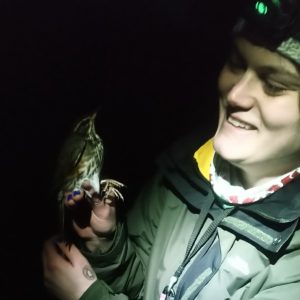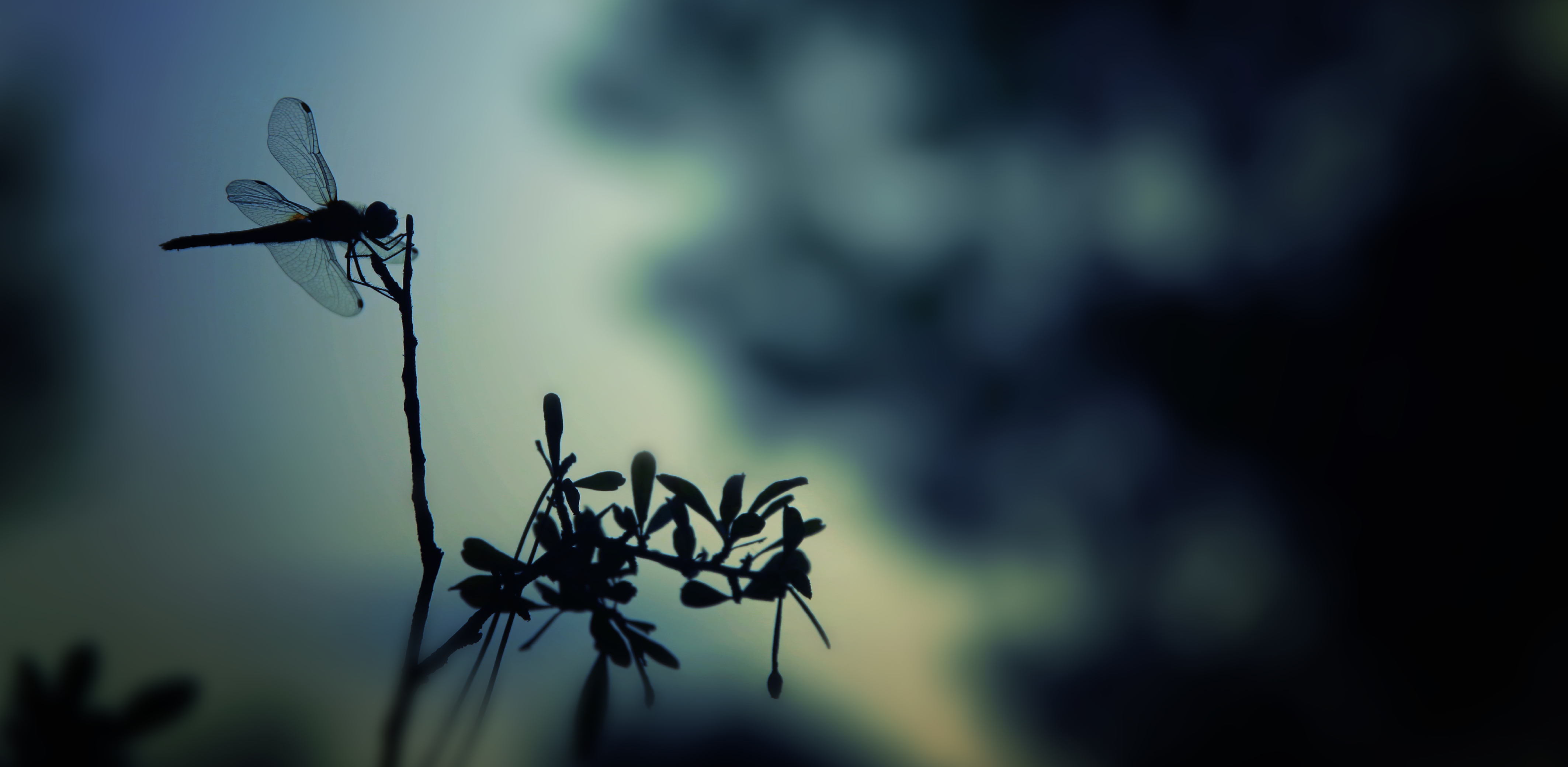(Neuro)Divergent Working – by Naomi Davis
In a similar way to many university graduates, I’ve been in a constant battle to secure long-term paid work since finishing my studies. It’s a battle at which I am consistently losing. I have ME (myalgic encephalomyelitis, also known as Chronic Fatigue Syndrome), and Asperger syndrome (AS) which now falls under the Autistic Spectrum Disorder umbrella. This physical-mental health combo affects me in various ways; mostly I’m just tired all the time (funnily enough) but there’s also a lot of added stress and anxiety caused by navigating the world when you’re on the autistic spectrum. I often have to sleep for a few hours during the day, which isn’t welcome in most working environments!
Finding a job is pretty much impossible when you have to work around taking naps, negotiating pain, and caring for a partner who also has ME. Truthfully, I’ve never earned enough to live independently and rely on Universal Credit to supplement my income. The majority of roles advertised in conservation/ecology are short contracts, full time, 9-5, with ‘working hours’ mandated to be completed in a busy office. Like many others with AS, sensory overload is a huge issue I have to overcome daily, so I prefer to work alone in my own environment and at my own pace. Any enclosed space is an assault on the senses but being required to focus and produce quality work simultaneously is nigh on impossible for me.
Once you’ve overcome the initial sensory assault, you must endure the second wave of small-talk with colleagues. Some folks find comfort in this communal chatter but no allowance is made for those who don’t. It’s these small and seemingly insignificant social rules that make working around other people additionally exhausting; I am always on my guard, whether I want to be or not. I must confess that for me, an additional office conundrum is the endless challenge of trying to look and act professional. I’m yet to wholly find out what ‘being professional’ is all about; although I’m pretty sure it has something to do with wearing shiny shoes, not dropping crumbs on the chairs, and never being late.
The notion of performative productivity is also something I find completely mindboggling. As though just by occupying space at a desk you are automatically participating in the tasks you are being paid to do. It bothers me no end that people often put more effort into maintaining the illusion of productivity rather than doing effective work. We all know we don’t work the entire time we’re sitting at our desks; lunchbreaks of 30 minutes often run past 60, and that report you were supposed to be writing becomes buried behind Google searches for half price holidays. Alicante or Majorca?
Receiving my AS diagnosis really gave me the freedom I needed to step back from unhealthy job pressures and to prioritise the working style that best suited my health. Chris Packham (Springwatch presenter) and Dara McAnulty (award-winning author), both diagnosed with AS, advocate for the unique connection with nature that often comes with being on the spectrum. For me, it manifests in my reliable photo-aural memory and fastidious note-taking. My sensitive hearing means bird territory surveys are a doddle, I can often identify the owner of a scat just by smell, and my ability to spot small moving objects makes me a fantastic insect finder. Incidentally, it appears that all of these things are exactly the sorts of skills sought after in field ecology!
So, in the face of perpetual unemployment and to avoid psychological stagnation I decided to devote my time to volunteering. Over the past five years I’ve worked with the RSPB, British Trust for Ornithology, Vincent Wildlife Trust, and Wildlife Trusts on various projects, as well as connecting with community wildlife groups and local schools. Some would argue that makes for an impressive CV, but unfortunately a lot of skills and experienced gained through volunteer-based commitments are rarely rewarded with professional certification. Without a steady income I simply can’t afford to pay the hundreds of pounds required for continuing professional development (CPD) courses, despite having the knowledge and experience required to earn those shiny certificates. These courses are often structured as a weekend away from home featuring a few of days of intense training with a group of strangers. Sadly, it’s rarely considered that this format of learning may not be an accessible option for everyone.
I’ve been very fortunate to have worked with some brilliantly supportive teams over the past few years; they have taken proactive steps to accommodate my needs because they saw value in my potential. I’ve been able to increase the scope of my voluntary role and responsibilities to a capacity similar to that required from a paid employee. As a result, my volunteering commitments have been rewarded with investment through on-the-job training and I’m able to add a bit of professional weight to my CV.
We could all benefit from a more adaptable work-life balance and, let’s be honest, it’s not a completely alien concept. Flexible hours and TOIL (time off in lieu) are already the norm in many organisations except it’s more often to accommodate children, dental appointments, or holidays rather than a useful way of managing a long-term health condition. For me, the silver lining of the recent lockdown has been the explosion of easily accessible online content for CPD as well as the increased trend for homeworking. Despite recent increased levels of awareness, the taboo of chronic health conditions and mental health issues still persists when applying for work. If I could ask all prospective employers one thing it would be to advertise roles with the flexibility you are willing to provide. The promise of a guaranteed home office and flexi-time could be all that’s needed to encourage the perfect person for the job to apply.
 Naomi Davis is an enthusiastic amateur naturalist and Animal Behaviour graduate. With a background in bird and mammal conservation, Naomi has previously worked with the RSBP as part of the Celtic Rainforests LIFE project, and with the Vincent Wildlife Trust’s Pine Marten Recovery Project. She is also the county representative for the BTO, enjoys bird ringing, nest recording and wild bat care. She sits as Vice Chair of the North Ceredigion Wildlife Trust group and Secretary of the North Ceredigion Bat Group. Find Naomi on Twitter at @NaturNaomi.
Naomi Davis is an enthusiastic amateur naturalist and Animal Behaviour graduate. With a background in bird and mammal conservation, Naomi has previously worked with the RSBP as part of the Celtic Rainforests LIFE project, and with the Vincent Wildlife Trust’s Pine Marten Recovery Project. She is also the county representative for the BTO, enjoys bird ringing, nest recording and wild bat care. She sits as Vice Chair of the North Ceredigion Wildlife Trust group and Secretary of the North Ceredigion Bat Group. Find Naomi on Twitter at @NaturNaomi.
Blog posts on the CIEEM website are the views and opinions of the author(s) credited. They do not necessarily represent the views or position of CIEEM. The CIEEM blog is intended to be a space in which we publish though-provoking and discussion-stimulating articles. If you’d like to write a blog sharing your own experiences or views, we’d love to hear from you at JasonReeves@cieem.net.
